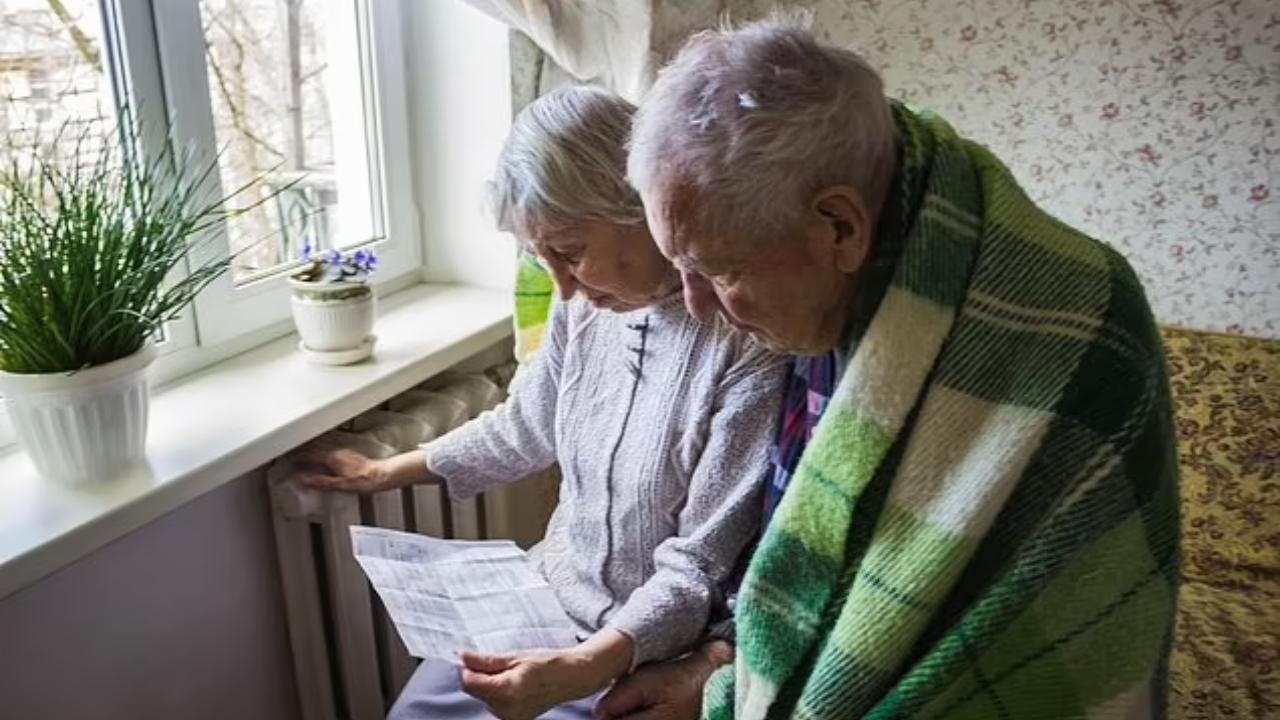Tens of thousands of pensioners, primarily women, have been underpaid their state pension for years due to a significant and long-standing error by the Department for Work and Pensions (DWP). A massive correction exercise is underway to identify and repay those affected, with some individuals potentially eligible for backdated payments stretching over a decade.

The Pension Correction Exercise
| Key Fact | Detail/Statistic |
| Total Underpaid | An estimated £1.5 billion has been identified so far. Department for Work and Pensions |
| People Affected | Over 2.2 million cases reviewed, with 237,000 underpayments found to date. |
| Average Payout | The average arrears payment varies by category, from £2,245 to £12,383. |
| Primary Cause | Failures to manually update records, particularly on outdated IT systems. National Audit Office (NAO) |
Scale of the State Pension Underpayment Error
The government has acknowledged a systemic failure in calculating state pension payments, an issue that went largely unnoticed for many years. The Department for Work and Pensions (DWP) is currently engaged in a large-scale review known as the Legal Entitlements and Administrative Practice (LEAP) exercise. This was initiated after pension consultants discovered that many women were not receiving the automatic pension increases they were entitled to.
According to the latest DWP figures published in June 2024, the department had reviewed over 2.2 million cases and identified 237,000 underpayments. This has resulted in total arrears payments of £1.49 billion. The National Audit Office (NAO) has previously criticised the DWP for the scale of the error, highlighting the impact on some of the UK’s most vulnerable citizens.

Who Is Primarily Affected and Why?
The state pension underpayment issue predominantly affects older women who reached state pension age before April 2016 and are under the “old” state pension system. The errors stem from complex rules and a failure of officials to manually update records.
Married Women
Many married women who had a low state pension based on their own National Insurance contributions were entitled to an uplift to 60% of their husband’s basic state pension amount. This increase was supposed to be applied automatically when their husband reached state pension age. A major IT system failure meant this often did not happen, leaving thousands of women on a lower rate for years.
Sir Steve Webb, a former Pensions Minister and now a partner at consultancy LCP, who first raised the alarm on this issue, has repeatedly urged people to check their status. “It is shocking that so many women have been underpaid for so long,” he stated in previous analyses. “This correction exercise is vital, but many people may still need to be proactive, especially the relatives of those who have sadly passed away.”
Widows and Divorcees
Widows are another significantly affected group. They were often entitled to inherit a portion of their late husband’s state pension, but these complex calculations were frequently done incorrectly. Similarly, the pension rights of some divorced women were also miscalculated, leading to shortfalls in their weekly payments.
The Over-80s
A smaller group, those aged 80 or over, are also affected. Under the rules, individuals in this age group who are not receiving a basic state pension, or are receiving less than a specified amount, may be entitled to a Category D state pension. The DWP found that this entitlement was not always automatically awarded.
Government Response and Making a Claim
The DWP has stated it is committed to rectifying the errors and is automatically reviewing all cases it believes may be at risk. Most individuals who are owed money do not need to take any action and will be contacted by the Pension Service directly. Once contacted, they will receive a letter explaining how much they are owed and when it will be paid.
However, the process is extensive and expected to continue for some time. The government advises that individuals who believe they have been underpaid should check the official guidance on the GOV.UK website. This includes people who believe the next of kin of a deceased pensioner may be due a payment.
For those wishing to make an enquiry, they can contact the Pension Service by phone or post. It is recommended to have National Insurance numbers for both the individual and their spouse (if applicable) available.
The issue of how far back claims can be paid is complex. Normally, arrears can only be backdated for 12 months. However, the DWP has confirmed that in cases of “official error,” there is no time limit, allowing for back payments to cover the entire period of the pension correction exercise.
Lovewell Blake Offers Free Pension Guidance Sessions
HMRC Issues Warning: Some State Pensioners Face Extra Tax Bill
£300 Winter Fuel Payment 2025: Six Pensioner Groups Not Eligible, Check Eligibility
FAQs
1. How far back can state pension underpayments be claimed?
While standard DWP rules often limit backdating to 12 months, the department has acknowledged this situation as an “official error.” This means there is no time limit, and payments can be backdated to the point where the error first occurred, which in some cases could be over 15 years ago.
2. What happens if the person who was underpaid has died?
The executor or administrator of the deceased person’s estate can make a claim. The back payment will be made to the estate and distributed according to the will or intestacy rules.
3. Will a large back payment affect my tax or benefit entitlements?
A lump-sum arrears payment is typically taxed in the year it is received, not the years it should have been paid. This could push an individual into a higher tax bracket for that year. It may also impact eligibility for means-tested benefits like Pension Credit or Housing Benefit, so it is advisable to seek independent financial advice.
4. Who is NOT affected by this issue? Anyone who reached state pension age after 6 April 2016 is on the “new” state pension system and is not affected by this specific error. It also does not affect men whose wives reached state pension age before them, as the rules were based on the husband’s record.





